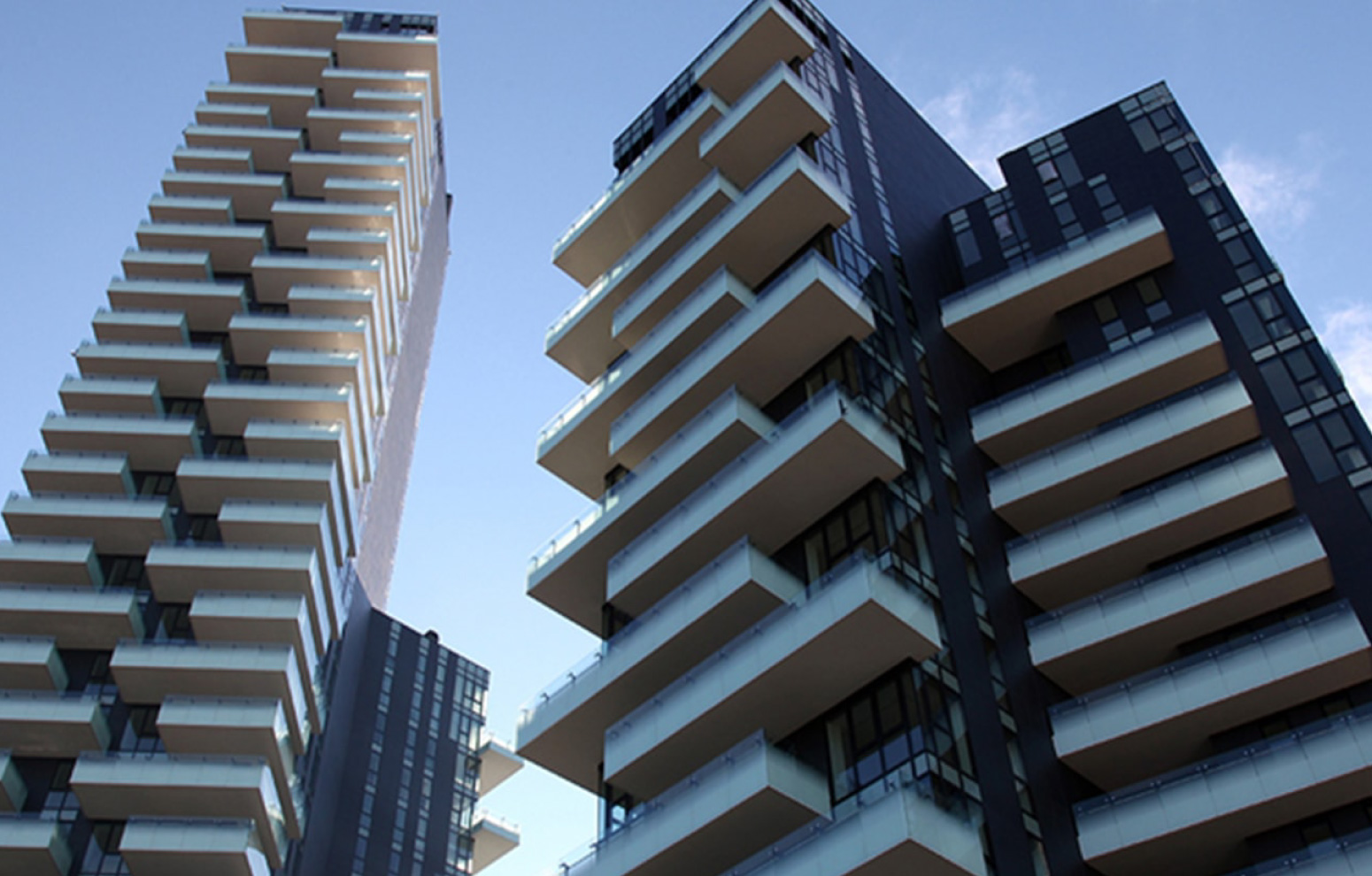When it comes to buy property in Italy Legal Due Diligence represents the necessary and very first initial step to do in order to avoid unpleasant surprises before any offer to purchase is placed in. Hiring the service of a trustworthy Italian Lawyer providing independent legal advises is certainly the ideal decision to go through a stress free process and being sure to rely on the support of a professional making his Client very best interest.
Legal due diligence is the process of collecting, understanding and assessing all the relevant documents and information related to the property transaction; it confirms the right value of the property, highlights the potential risks involved into the transaction and so help setting the right buying strategy; it’d be surprising how determinant could be the result of the analysis when it comes to estimate the value of a property (besides its mere market price).Ideally it should be committed before presenting any Offer to Purchase or formally entering the negotiation (i.e. LoI); nevertheless it can be carried out also in a second phase, so immediately after the “conditioned” Proposal of Purchase would be accepted by the Vendor. The whole process itself involves a complete analysis of the documentation, and in particular includes:
a. Title search: the legal check of the title of ownership and its history
b. Mortgage inspections: making sure there are no prejudicial inscriptions, debts of burdens against the property
c. Building Compliance: the respect with the city planning, environmental, urban and cadastral regulations; It mainly refers to the existence of the proper authorizations (i.e. building permit, certificate of habitability, building legalization, building amnesty, etc) confirming the regularity of the construction and the conformity to its proper legal use (Residential, Office, Retail, Industrial, agricultural, etc.) with the current urban planning/construction regulations.
d. Cadastral checks: It consists in checking the cadastral regularity of the property through land registry searches, cadastral plans and official graphic representations.
e. Property status of occupancy: it refers to the status of the possession/detention of the property, and in particular carrying out the formal checks about the existence of any occupancy title (i.e.. lease agreements, contract of use of premises, etc).
f. Energy Certificate (APE): The certificate of energetic efficiency (APE) is mandatory for each transaction; at the end of the Legal Due Diligence process the Consultant has to make sure that the property has one; if not it is necessary to make it; it is a document typically provided by the seller (and at his expenses).
Structural/Installations/Security Due Diligence
In some case it is also required to check the structural conditions of the property, its static and the level of security that the structure has.
Also it is important to get the certificate of compliance of the installations (water, electic, heating, air conditioning, etc). Due Diligence dealing with security instead is made up of the verification of documents to do with the carrying out of security regulations (i.e. fire prevention certificate, anti-seismic conditions).
Recent News & Events
Based on the provisions of the 2024 Budget Law, in the case of properties other than the main residence and not acquired by inheritance - and on which 110% Superbonusinterventions have been carried out - the capital gain tax (deriving from their sale) will apply for 10 years. [...]
Good news for overseas property buyers Expanding of your Budget and power of purchase Securing of a non-resident Italian mortgage to purchasing a property has always been considered in the past kind of complicated, if not virtually impossible. The current historical situation might instead lead to a different scenario, [...]
CANADA: Government announces two-year extension to ban on foreign ownership of Canadian housing. As consequence, the Condition of Reciprocity between Italy and Canada will remain suspended for more 2 years, until January 1st, 2027.
Many relevant news have been introduced on short-term rentals - Sanctions for those who do not respect the new rules. The "Decreto Anticipi" (Decree 18/10/2023, n. 145, converted into Law 15/12/2023 n. 191), introduces important news in the short-term rental sector, which will have important effects for tenants/consumers and [...]
Share This Post, Choose Your Platform!
MORE NEWS
The first half of 2023 marked a slowdown in the […]





